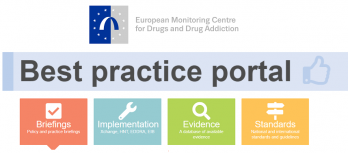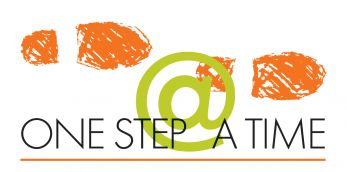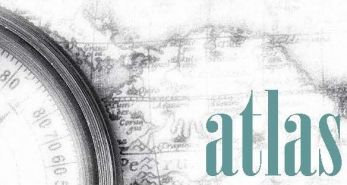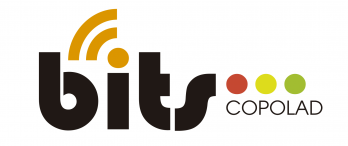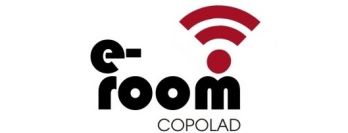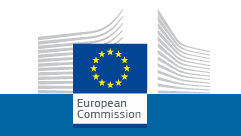"Saint Lucia’s participation in COPOLAD has raised awareness on the highest priority of having a Drug Observatory, that has now become top on the agenda"
ReturnPublished on 30/08/18
Charmaine Hippolyte is MSc, Social Work (Concentration in Management and Administration), BSc, Social Work (Hons) and registered Nurse Midwife. Her current position is as Coordinator of the Substance Abuse Advisory Council Secretariat (SAACS). SAACS focuses on Prevention, in the area of supply reduction and institutional strengthening as guided by the themes for the MEM. SAACS consists of seven staff members. As Coordinator, she manages the development and implementation of substance abuse prevention and control programs countywide through the execution and management of campaigns and educational activities, and the monitoring and evaluation of same, to reduce the supply, demand, and abuse of illicit drugs/substances. As a Programme Officer, she develops programmes based on findings from national surveys, international and regional findings and regular reports to be provided by the Research Officer through networking and consultation to enable timely implementation and evaluation.
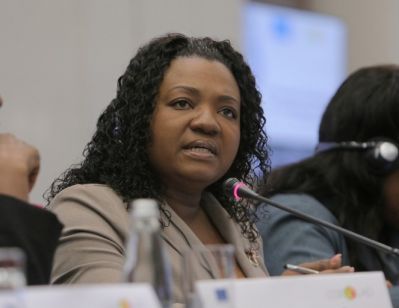
- To what extent the participation of St. Lucia at the COPOLAD Working Groups focussing on the enhancement of National Drugs Observatories, can support the establishment in your country of an information system to collect and disseminate quality information in a long-term basis?
Saint Lucia’s participation at COPOLAD’s working group has contributed significantly to SAACS. The realization and awareness of the revamping and/or commencement of the Drug Information Network (DIN) and Observatory has now become top on the agenda. In what concerns support and guidance from COPOLAD with our DIN and NDO, this will certainly aid in the dissemination of information in a timely manner.
- SAACS expressed a concern at the age of first drug consumption in Saint Lucia. What approach is using the government in the fields of public information and education regarding drugs use?
The Government, through SAACS, has a school drug education programmes which focus on drug education with life-skills and refusal skills. SAACS is also engaged in a number of educational activities targeted at different age groups in addition to community outreach programmes. The main approach is a participatory one whereby buy-in of the ideas can be a success. Marijuana use and its effects have been highlighted (alongside alcohol) in all interventions conducted.
- While the most frequently used drugs in Saint Lucia are cannabis and cocaine, a poll conducted in 2017 by the Caribbean Development Research Services (CADRES), indicated a fairly important population support towards the legalization or the partial decriminalization of marijuana. What will be the position of Saint Lucia after the CARICOM 39th Regular Meeting of the Conference of Heads of Government, held in Jamaica, where some Caribbean countries announced changes on their laws regulating ganja?
Activist groups are calling on the legalization/decriminalization of Marijuana. However, Saint Lucia has not declared a position/response on the issue. Ganja/Marijuana is still considered an illegal drug in the Country.
- How important is the best practices exchange provided by COPOLAD regarding key supply reduction issues like the control of cocaine routes, considering that the drug trafficking is scaling in the country?
This introduces new techniques and means of monitoring and control in this area for Saint Lucia.
- In your opinion, what’s the role of international cooperation, and more precisely the contribution of COPOLAD, in enhancing evidence-based national drug policies, as well as prevention programmes and treatment services in the Caribbean region?
Providing examples of best practices and advocating together with the local agencies for the proper provision of resources. COPOLAD also offers technical assistance and helps in the exchange of information and experience through their comprehensive training programmes.
The European Commission is preparing a third phase of this programme, therefore COPOLAD will be back at the beginning of 2021.


